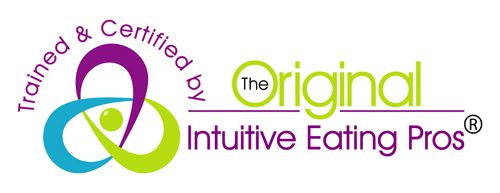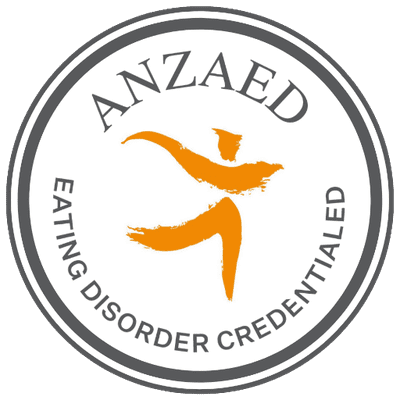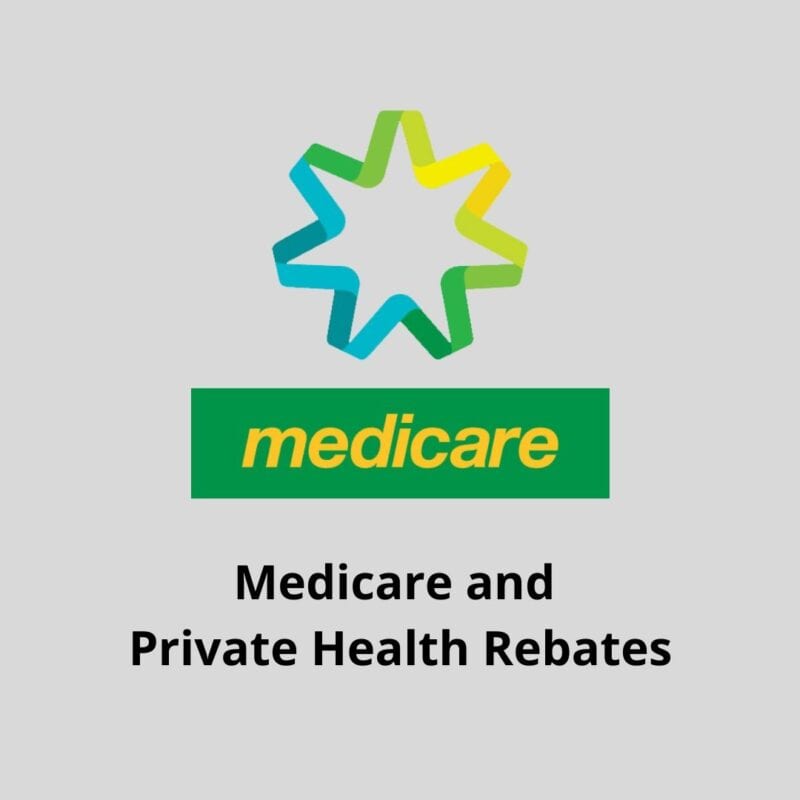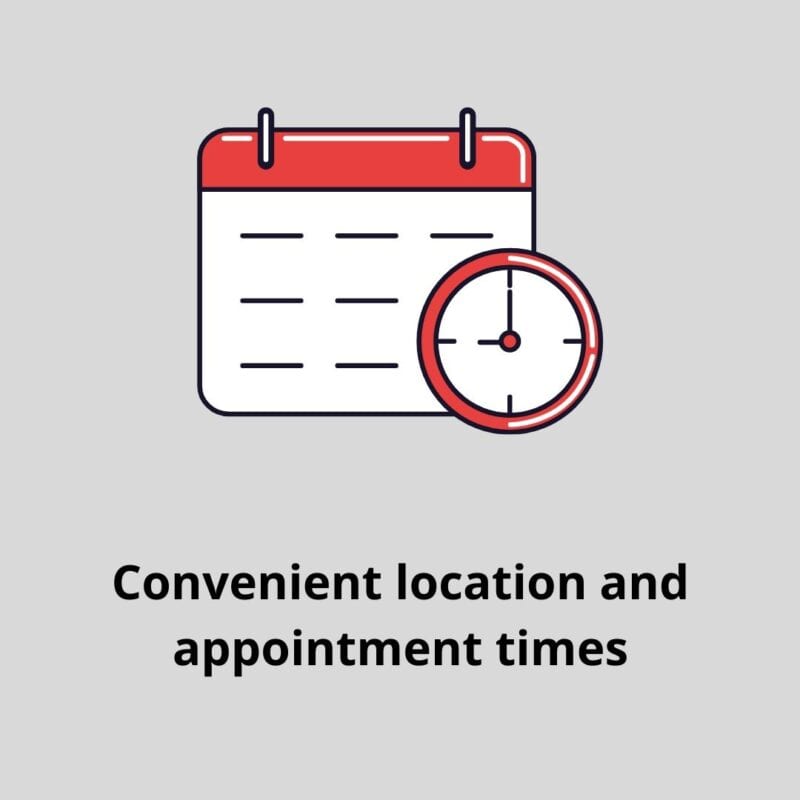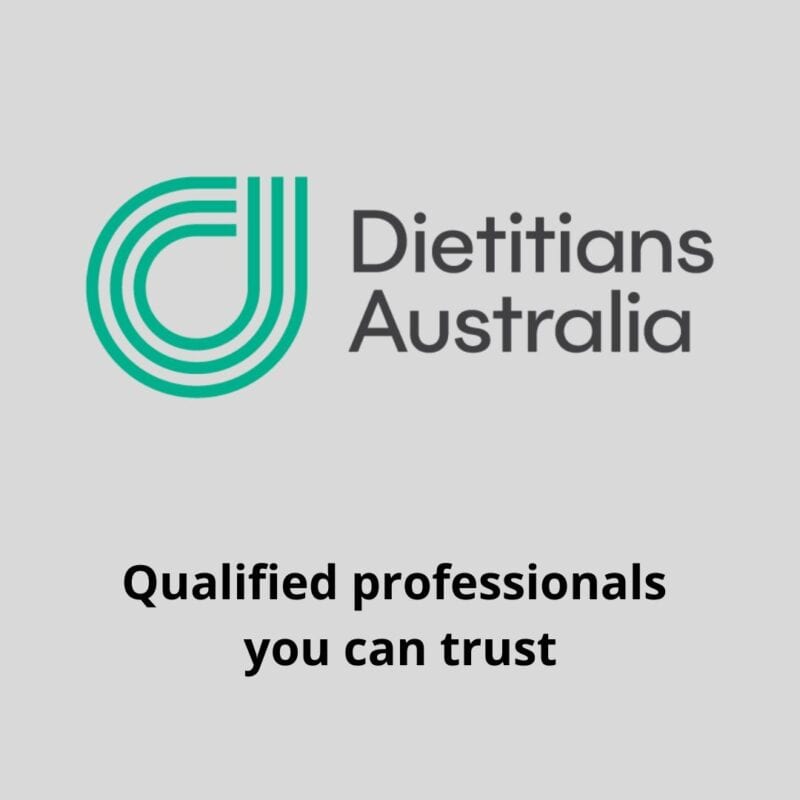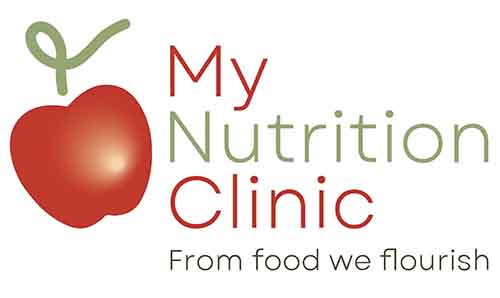Bariatric surgery is the most effective treatment for severe and complex overweight. However there is a significant risk of developing nutrient deficiencies depending on the surgery and the level of nutrition support you receive. There are numerous factors that can affect your health and well-being in preparation and after surgery. A dietitian specialising in bariatric surgery is the best equiped health care professional to help you prepare and achieve optimum nutritional status after surgery.
Carrying excess weight for many years is a form of malnutrition that is often overlooked. Deficiencies in Vitamin D, folate, Vitamin B12 and Vitamin A are commonly seen before surgery. And although vitamin and mineral supplements are a good way to correct some of these deficiencies in the short-term, eating the right foods is the best long-term solution. Food sources of vitamins and minerals are often better absorbed and come without any risk of toxicity if taken in larger amounts.
Having these types of surgeries require significant changes in your habits as well as your relationship with food and your body. Our dietitians are trained in effective behaviour change approaches that put the control and confidence back into your hands. We help you develop what we call intuitive eating skills. This is where you learn to trust your body’s natural needs and move away from the over-thinking that comes from years of dieting.
Research shows that having a dietitian as part of your pre and post op support is associated with less hospital admissions due to dietary issues, improved nutritional status, reduction in risk of developing weight related diseases and greater weight loss.
Research has also reported that patients consider seeing a dietitian after surgery was one of the most valued health professionals in their support team.
Experience and research has helped us develop our preferred program of support for our clients undergoing surgery. We recommend regular appointments in the pre-op and the first 3 months after surgery to help you establish great eating habits at a time you are highly motivated and ready for change. This helps you establish your new life-long eating habits quickly and with little fuss. After the first 3 months you will have established your ‘new normal’ eating patterns but as we all know, old habits die hard so we recommend less frequent but regular appointments to support you to stay on track.
We recommend 6 appointments over the first 6 months. This includes:
Pre-op appointment: We assess your current eating habits and give you an overview of the main changes to your diet after surgery and helps prepare you mentally and practically for your new lifelong eating habits.
1 week after surgery: This is an important session where we tackle some of the issues that may crop up and give you practical ways to ensure you are getting enough protein and fluids to ensure a speedy recovery and healing. This is also when we prepare you for the next change in food texture as you move from fluids to puree and soft foods.
3 weeks after surgery: We get you ready for the transition to soft foods while continuing to ensure you are getting enough protein and fluids for recovery. You will be keen by this stage to move onto for solid foods and we help you develop a protein and nutrient rich meal plan to suit your needs.
6 weeks after surgery: You will have progressed onto solid foods now and this is the time we develop your long-term eating plans. We discuss the best foods for you to meet your protein and nutrient requirements while maintaining steady and healthy weight loss. If you have had an emotional relationship with food in the past then this can be a good point to introduce some new skills to overcome these triggers in the future.
3 months after surgery and beyond: By this stage you should be starting to feel more confident in how to eat healthily with a significantly smaller stomach. Your new eating patterns will feel like a ‘ new normal’ and your weight will be steadily reducing. Most people are keen to increase their exercise and enjoy being able to move easier. Your protein and energy intake may need to be adjusted to suit the extra movement. We also like to check in every 3 months at this stage to support your continued healthy eating habits and relationship with food. Your surgeon and GP are also likely to check your bloods about this time so we can help you correct any nutritional deficiencies that may pop up.
To get more help with protecting your weight, book an appointment with our dietitian below.
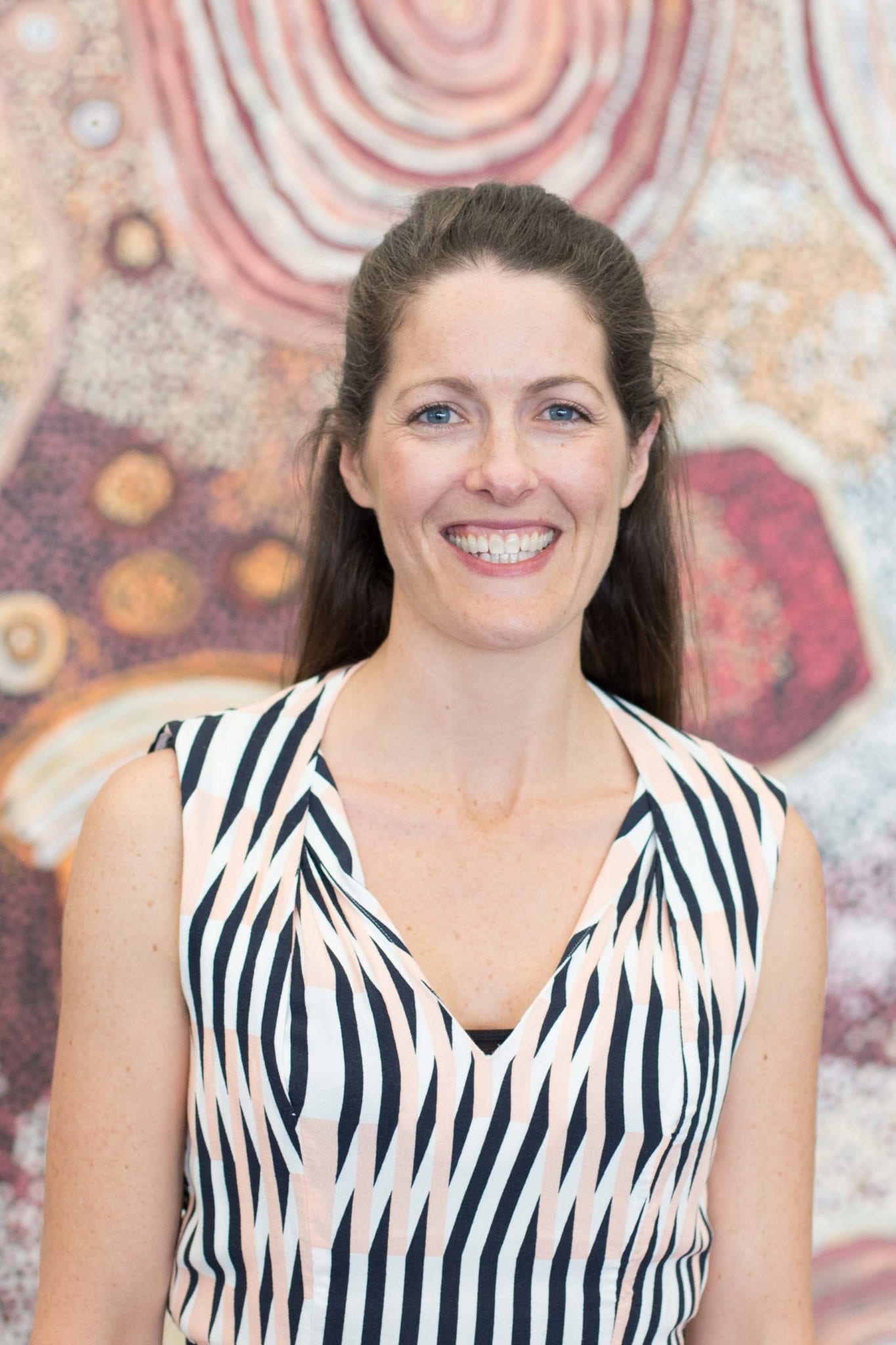
Anna D'Arcy
Co-Director
Anna is an Accredited Practising Dietitian and co-director of My Nutrition Clinic who has worked for over two decades in the development and delivery of weight management programmes for adults and children. Anna has a Masters of Nutrition and Dietetics along with a Masters in Public Health and has worked in both Australia and London (UK).
Favourite nutrition areas:
Weight management
Bariatric surgery
Depression
Eating Disorders
Gut issues
